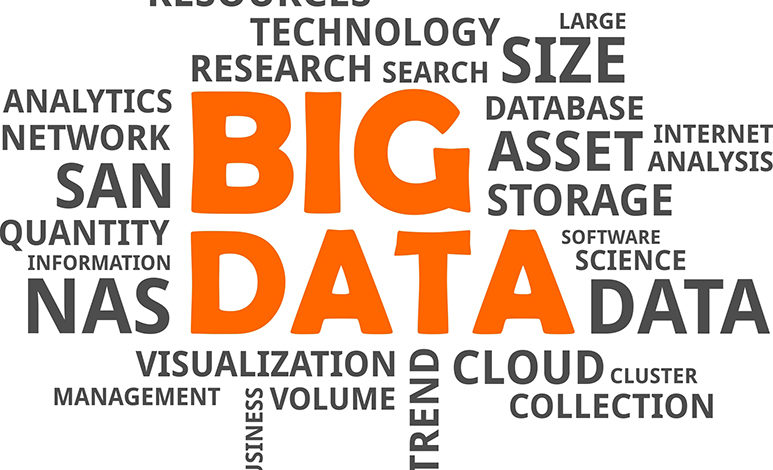What is big data? Simply put, it refers to an extremely large set of information, and by association its growth and availability, and its implied subsequent usage. We have never previously lived in a world where we have such a potential to share information about ourselves and mine information about others; their thoughts and feelings, their buying and voting habits; their likes and dislikes; and the amount of time spent on each of these things.
Tami Briesies discusses big data analysis.
According to icrunchdatanews, mid-market companies are projected to boost their IT spends by 6.5% by next year. That mega-money will dig deeper into statistical modelling and analytics, to nail down the ultimate questions of their customers’ purchasing habits: why, when, how, where and what was purchased, with the aim of using the analysis to predict what happens next. The hope is that gaps in the market can be filled and big money can be made.
And as technology accelerates, the scope of data exploration grows with it. Moore’s Law, which states that computer technology doubles in capability roughly every two years, means that computers can now compute extraordinary volumes of information in miniscule times. These six computers were the fastest in the world six months ago: Tianhe-2, the most powerful on the list, can handle 33.86 quadrillion calculations per second. If you’re counting, that’s around 4.7 million calculations per second for each and every person on the planet.
Not all big data is sales-driven, nor even necessarily correct. Science has benefited immeasurably from networked computers attempting to solve problems through sheer weight of numbers. No longer is the laboratory or market researcher needed for sociological and demographic studies. Google, for example, regularly publishes studies into the searches of its many disciples – and that can be a balance of positive and negative news. Need to find out which US states are the ‘most racist’? How about the perfect route for a US road trip? Done already.
In the financial market we can now obtain the up-to-the-second share price of virtually any publicly listed company in the world, comparing it to others, or its price last week, and so on. Millions can be made and lost from the comfort of a mobile phone. In the housing market, sellers can be identified by estate agents before they’ve even decided to sell.
Let’s take a look at that obvious social experiment, the result of thousands of years of democracy and thought on how and by whom a nation should be governed: the UK General Election. Despite the fact that we still resort to pencils and paper placements in a metal box for the final act, the lead-up to the May shock result saw more analysis, more prediction and more bluster online than in history. This analysis of likely voting patterns in pre-election Britain, based on search volume for leaders, was hopelessly incorrect.
That doesn’t mean that big data won’t be a massive factor for the battle for the Whitehouse next year, but with an emphasis on voters rather than customers. Social media will be monitored voraciously. Videos will be posted, conversations from commentators examined, predictions and behaviours from Republicans and Democrats alike altered, according to Forbes.com.
A good data analyst or architect is worth his or her weight in gold. Their work flows into the rest of the company structure, informing ideas and company practice. Companies such as comparethemarket.com boast a range of related jobs in the field of data.
So, whether we’re at home or on the mobile, the adverts we look at, the stories we read, the goods we purchase and the leisure destinations we visit are being chewed over and our intentions are being predicted. The outlay is massive, but businesses and governments depend on it – and the costs of not participating might be greater than taking part.






Leave your thoughts